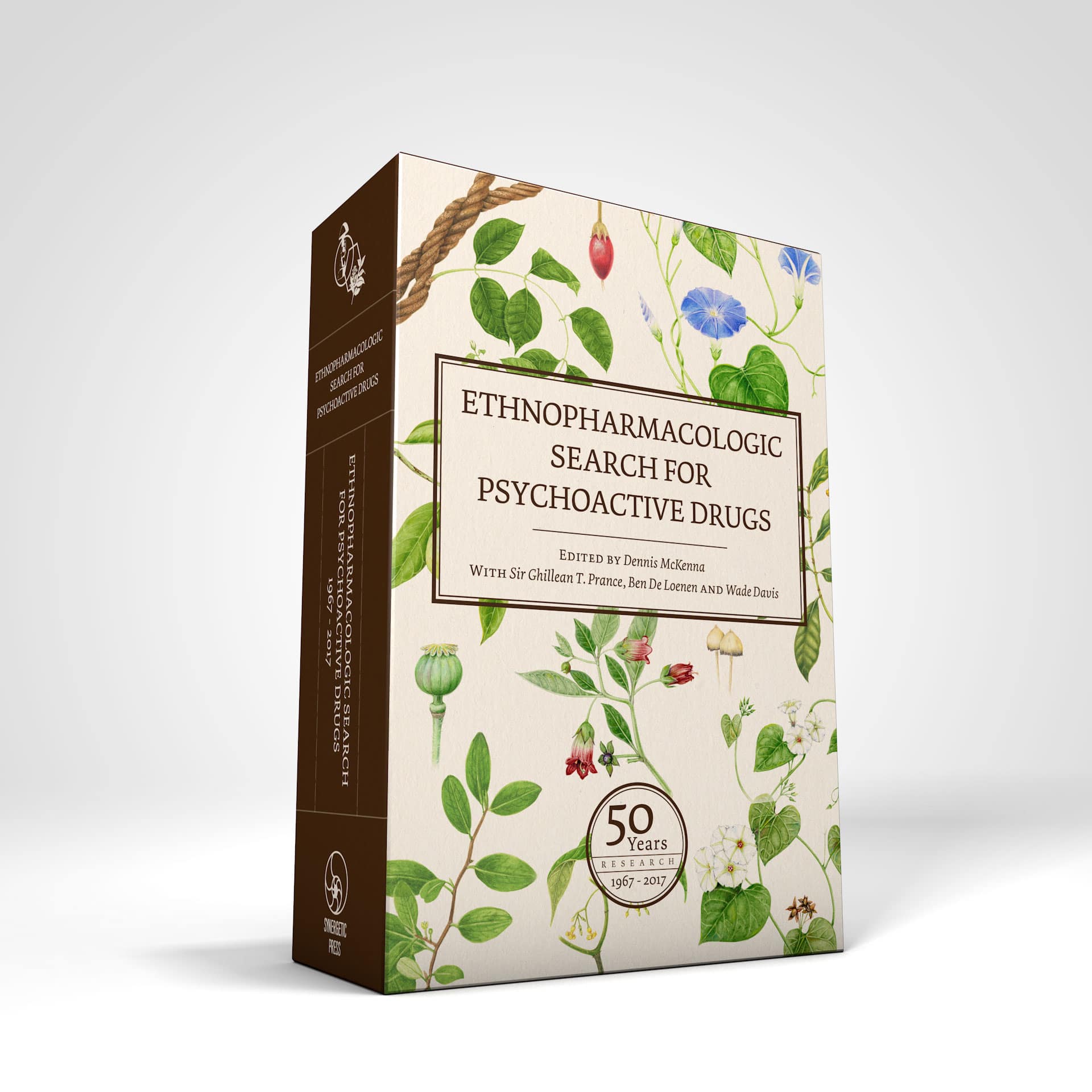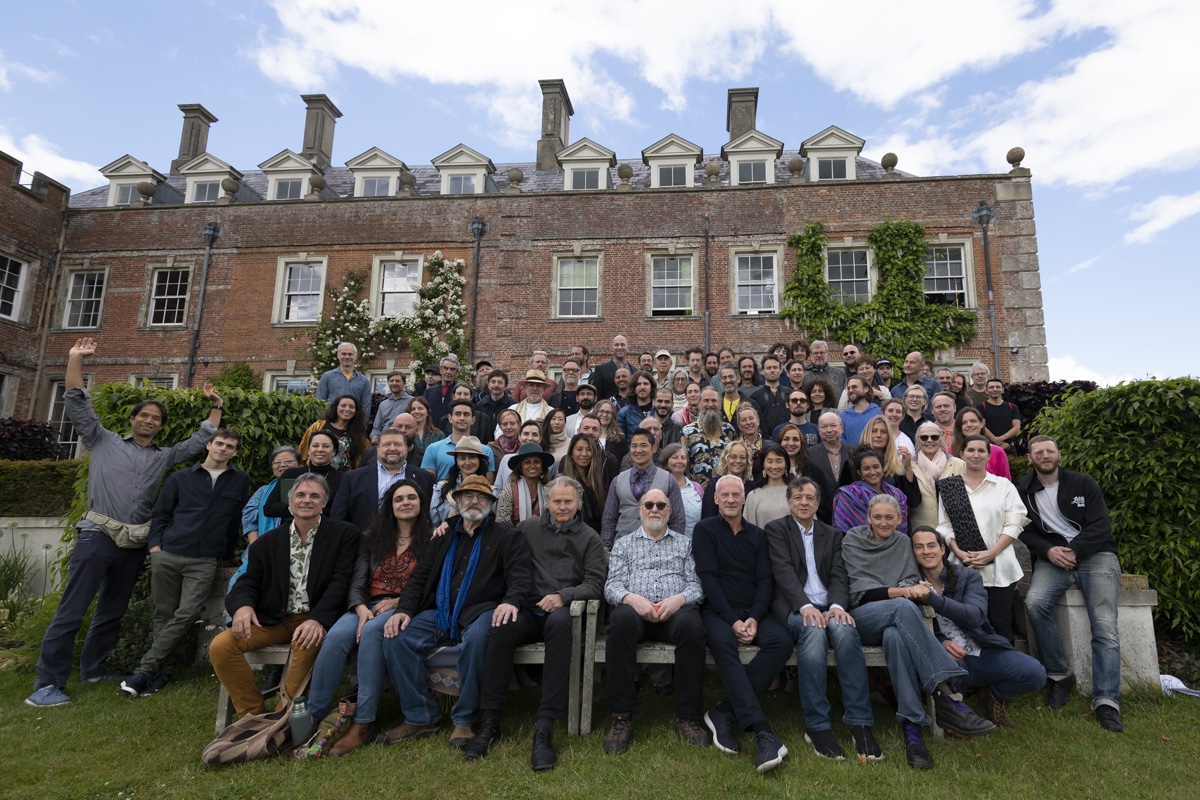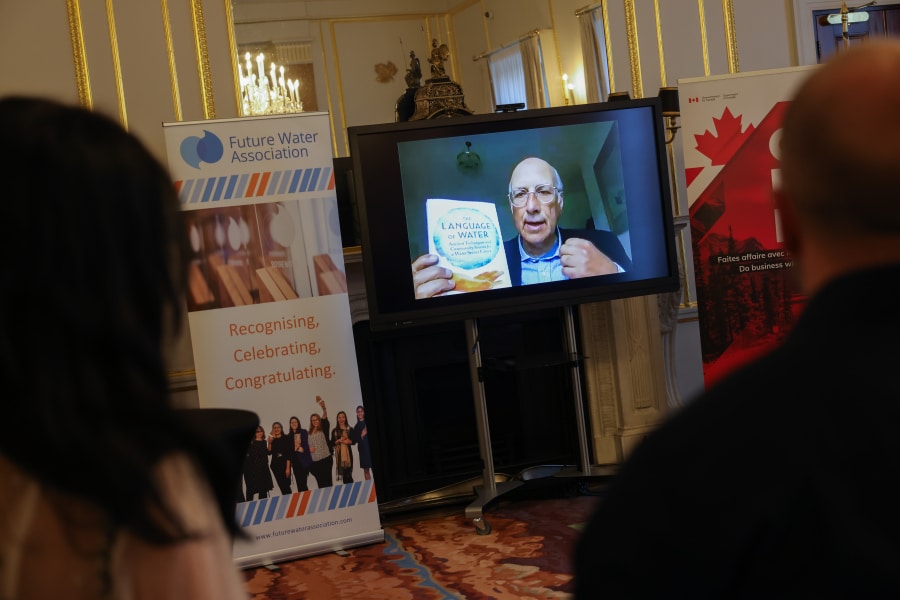
The Enchanted State: A Transformative Gathering on Psychedelics and Healing in New Mexico
On September 7, 2025, Santa Fe’s Lensic Performing Arts Center will host The Enchanted State—a visionary one-day gathering exploring the transformative power of psychedelics in mental health, cultural renewal, and spiritual awakening. This groundbreaking event brings together an extraordinary lineup of national and local leaders—from healers and researchers to policymakers, Veterans, and artists—to imagine what the future of psychedelics could look like in New Mexico and beyond.
With confirmed speakers such as Dr. Andrew Weil, integrative medicine pioneer; Doña Eugenia Pineda Casimaro, Mazateca healer and wisdom keeper; and Dr. Anthony Bossis, NYU psychedelic researcher, this gathering offers rare insight into a field that is rapidly reshaping healthcare, therapy, and consciousness studies. From policy conversations with former Senator Kyrsten Sinema and New Mexico Representative Andrea Romero, to reflections from First Responders, Indigenous leaders, and integration experts, the event offers a 360° view of a psychedelic renaissance grounded in community, care, and cultural respect.

Join us as we cross the threshold into new paradigms of wellness, justice, and spiritual possibility.
📍 The Enchanted State
📅 September 7, 2025
🎟️ Tickets and info: lensic.org/events/the-enchanted-state
🌐 More details: liminafoundation.org
Musical offerings from Lorraine Weiss and Friends, dynamic panels, and thought-provoking dialogue will weave together a powerful container for connection and healing. Hosted by the Limina Foundation, a nonprofit dedicated to psychedelic education, The Enchanted State aims to support mental wellness and nurture New Mexico’s emerging healing economy.



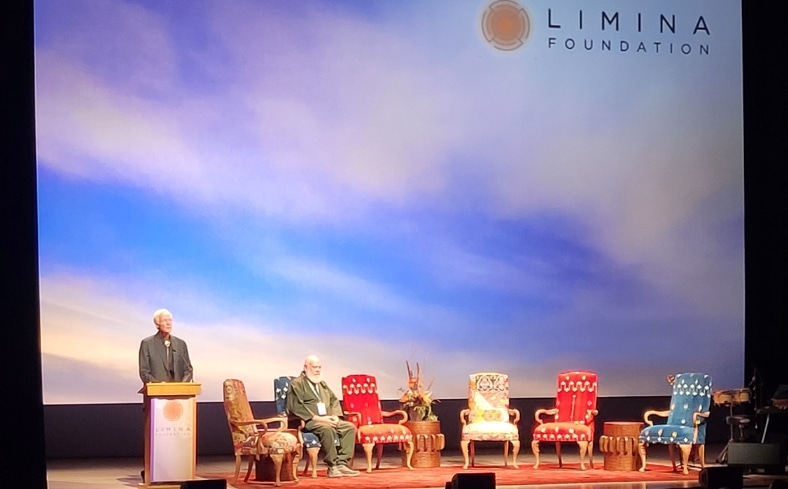
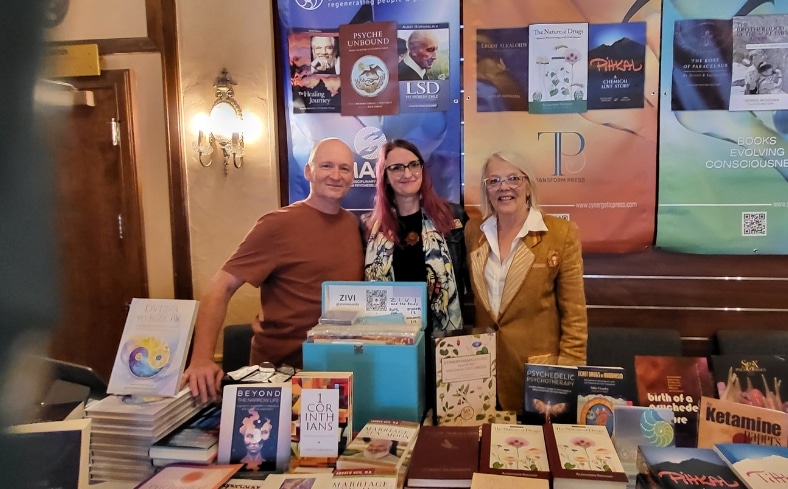

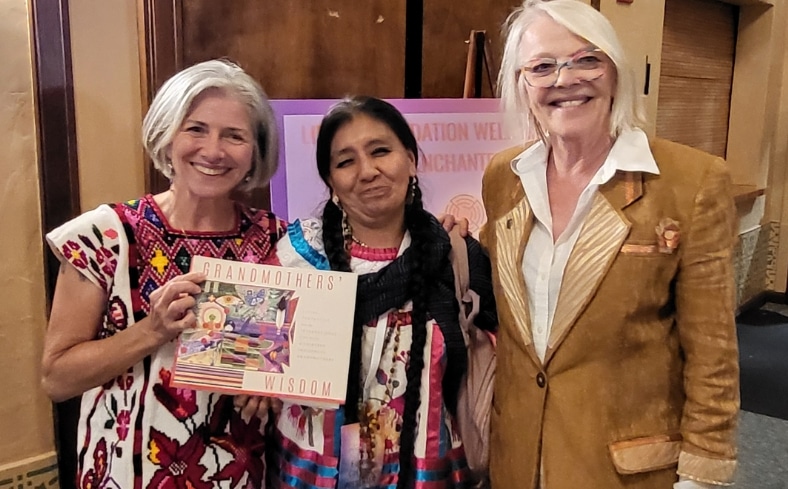
![Forthcoming Publication of Ethnopharmacologic Search for Psychoactive Drugs [ESPD55]](https://synergeticpress.com/wp-content/uploads/2025/06/MAPS-NL-Graphics-3-1-1080x675.jpg)
